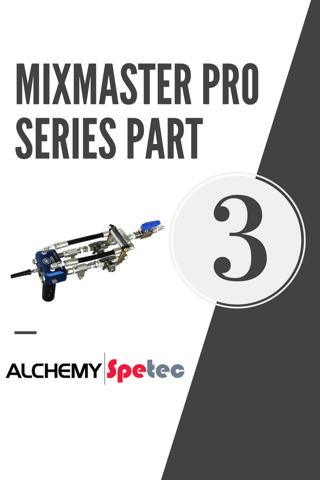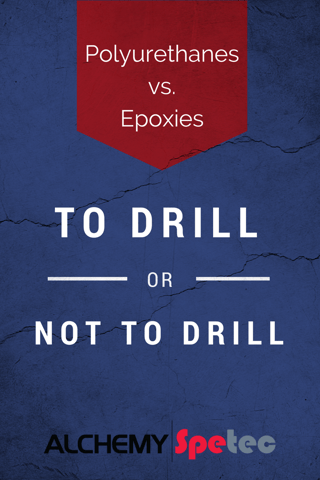.png?width=1024&name=conference%20room%201-banner%20(4).png)
.png?width=320&name=conference%20room%201-blog%20(4).png) “It always seems impossible until it’s done” – Nelson Mandella
“It always seems impossible until it’s done” – Nelson Mandella
These is a tricky blog subject to connect with a broad audience. Prioritization of principles is such a subjective topic that there really is no one way to frame it. Principles that work for one organization may be vastly different than others, while both may be wildly successful. Let’s examine the differences in one of the most well-discussed company principles known to us all – work hours.
Elon Musk is commonly quoted with messages suggesting that most successful people simply put in more hours than others. He has famously been known to work 100+ hour weeks, and suggests that if you work twice the hours of a competitor in a given year, it will take you 6 months to achieve what they do in an entire year. Sure, this sounds idealistically simple coming from a genius with laser focused visions, but the point is well taken in concept. And in principle it is true, you have to be willing to out-work your competition. There are no two ways about this in anything you do. Now, the art lies in how you outwork them. If you implement systems modeled around efficiency, perhaps you can accomplish things in 24 hours that would previously require 48. In theory, with efficient modeling and hard-work, your organization can even out-pace competitors working 100+ hours each week, right? The debate around working harder or smarter is a circular one. With the winning position going to working smart and hard.
On the other side of this spectrum, let’s consider Richard Branson. Branson believes in a flexible working condition in which employees can utilize technology to work from home and have unlimited leave which Virgin believes adds to an increase in their happiness and productivity. Now, if you’re like many of us, your reality probably lies somewhere in the middle of these two extremely successful business owner approaches. So, which the right one? My humble belief is that it encompasses all of the topics in this blog series, People, Partners, and Products.
Throughout 2018, you will see this common structure to the monthly blogs I post in the Conference Room Series. We hope that you will start to notice the breakdown of People, Partners, Products, and Principle. This should provide you with a behind-the-scenes snapshot of what we are all about at Alchemy-Spetec. So, getting back to the question of what is the correct working hours principle?
- Find the right people. Only bring on professional adults who respect themselves and the quality of the work they produce. And appreciate them for it.
- Partner with like-minded companies and people up and down your vertical. Partner people are just as important as your own co-workers. (See #1 above.)
- Know what your products do and don’t do. An experienced team with conviction of what their products do, and more importantly, what their products don’t, advances your brand with much greater strides than what over-promising ever will.
- When #1, #2, and #3 are done correctly, work ethic Principles take care of themselves. You see, it all goes back to people. Branson and Musk are great visionaries who create great Products, enter into the right Partnerships, and surround themselves with the best People. Those are the Principles. Don’t blame your business success or failure on work hours. (See #1 above.)



.png?width=1024&name=conference%20room%201-banner%20(3).png)
.png?width=320&name=conference%20room%201-blog%20(3).png)
.png?width=1024&name=conference%20room%201-banner%20(2).png)
.png?width=320&name=conference%20room%201-blog%20(2).png)

.png?width=320&name=part%204-%20blog%20(1).png) The
The 


-1.png?width=1024&name=conference%20room%201-banner%20(1)-1.png)
-1.png?width=320&name=conference%20room%201-blog%20(1)-1.png) Happy New Year from Alchemy-Spetec.
Happy New Year from Alchemy-Spetec.
 Ports are generally used to deliver resinous material and seal vertical or overhead cracks in concrete with epoxy or polyurethane chemical grout.
Ports are generally used to deliver resinous material and seal vertical or overhead cracks in concrete with epoxy or polyurethane chemical grout. .png?width=1024&name=hiring-banner%20(2).png)
.png?width=320&name=hiring-blog%20(1).png) Do You Know Someone Who Would Be Perfect for This Position?
Do You Know Someone Who Would Be Perfect for This Position?.png?width=1024&name=part%201%20(4).png)
.png?width=320&name=part%201%20(3).png)
.png?width=1024&name=p%20v%20e-banner%20(1).png)
.png?width=320&name=p%20v%20e-blog%20(1).png)
